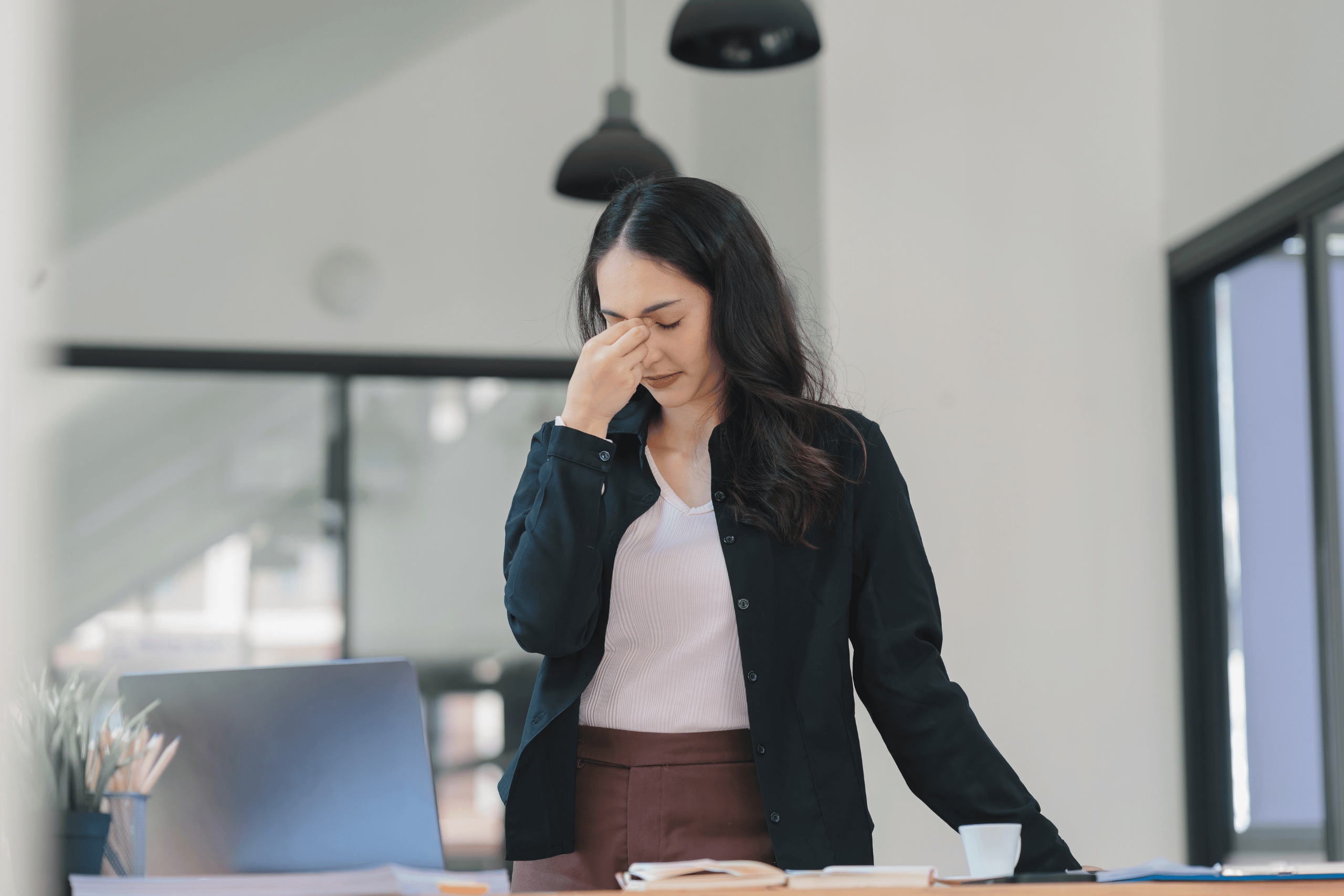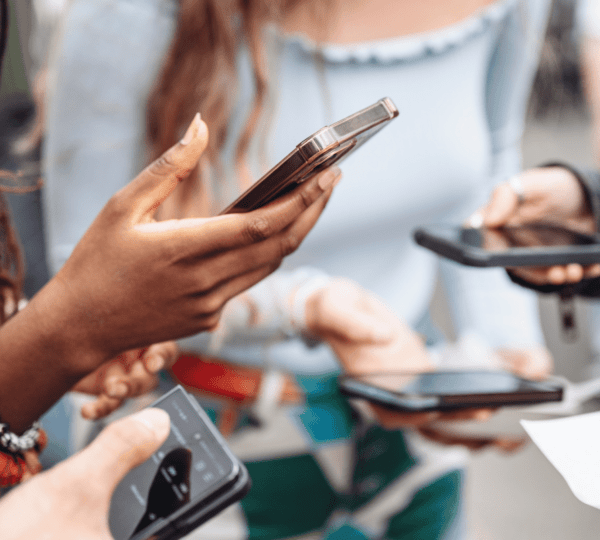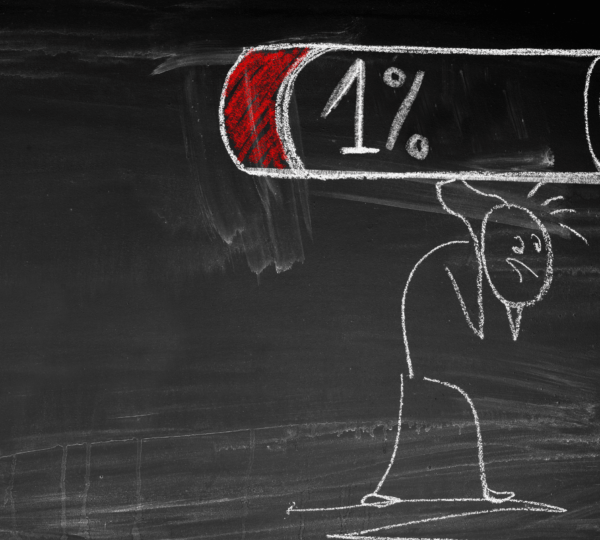
Tips for Avoiding Social Media Burnout
A few years ago, I found myself completely exhausted after juggling multiple responsibilities—work, personal projects, and keeping up with social media. Every morning, I’d wake up and instinctively reach for my phone, scrolling endlessly through notifications, emails, and posts. It felt like I was constantly plugged in, responding to messages, staying updated, and keeping up appearances online.
One evening, after yet another day of staring at screens, I realized I couldn’t remember the last time I had gone a full hour without checking my phone. My mind felt cluttered, my creativity drained, and my stress levels were through the roof. That night, I decided to take a break—just 24 hours away from social media. The difference was astonishing. My mind felt clearer, I was more present in conversations, and I even slept better.
That experience made me realize how easy it is to get caught up in the cycle of social media burnout. If you’ve ever felt overwhelmed, drained, or mentally exhausted by the constant digital noise, you’re not alone. Social media is designed to keep us engaged, but without balance, it can take a serious toll on our well-being. Let’s explore some effective ways to avoid social media burnout and reclaim a healthier relationship with the digital world
What is Social Media Burnout?
Social media burnout is a state of mental and emotional exhaustion caused by prolonged engagement with social platforms. According to a study published in the Journal of Behavioral Addictions, excessive use of social media can lead to stress, anxiety, depression, and decreased productivity. Platforms like Instagram, TikTok, and Twitter are designed to keep users engaged for as long as possible, often at the expense of their mental well-being.
According to Healthline, social media burnout manifests in different ways, including:
- Feeling mentally drained after scrolling for extended periods
- Experiencing anxiety when not checking notifications
- A decline in work or academic performance
- Decreased interest in offline activities
- Feeling like you ‘must’ post to stay relevant
- Experiencing self-doubt or comparison anxiety from seeing curated online content
Dr. Jean Twenge, a psychologist and author of iGen, states that excessive social media use can negatively impact mental health, especially among teenagers. In an article published by Psychology Today, she explains that social comparison, cyberbullying, and constant digital notifications create an environment where users feel pressured to be always ‘on.’
A 2022 report from the American Psychological Association further supports this claim, highlighting that social media usage of more than three hours per day is linked to higher levels of stress and anxiety.
A Forbes article also emphasizes the risks of dopamine-driven social media engagement. Dopamine, a neurotransmitter responsible for pleasure and reward, is released every time we get a like, comment, or share. Over time, this creates an addictive cycle where individuals continuously seek validation from online interactions, increasing the risk of burnout.
Practical Tips to Avoid Social Media Burnout
If you feel overwhelmed by social media, implementing these strategies can help you regain control and protect your mental well-being.
1. Set Time Limits and Boundaries
One of the most effective ways to prevent burnout is to set strict time limits on social media usage. According to a Harvard Business Review study, individuals who restricted their social media usage to 30 minutes per day reported improved mood and reduced stress levels. Use built-in tools like Apple’s Screen Time or Android’s Digital Wellbeing to monitor and limit your daily social media consumption.
Try setting specific times for social media, such as checking in the morning, during lunch, and in the evening. Avoid scrolling aimlessly before bed, as blue light exposure can interfere with sleep patterns.
2. Take Regular Digital Detoxes
A digital detox involves taking a break from social media to reset your mind. Try implementing ‘Social Media-Free Sundays’ or taking a week-long break every few months. A 2023 study published in the Journal of Cyberpsychology found that a one-week social media detox significantly reduced anxiety levels in participants.
During these detoxes, focus on activities that help you stay present, such as going for a walk, journaling, or engaging in face-to-face conversations. If going completely offline seems too difficult, start with a short detox, such as staying off social media for 24 hours.
3. Curate Your Feed
Unfollow accounts that don’t bring you joy or add value to your life. A New York Times article suggests that curating a positive and uplifting feed can reduce feelings of inadequacy and social comparison. Replace mindless scrolling with following pages that promote mental well-being, productivity, and real-life inspiration.
Follow educational, motivational, and humorous pages to balance the kind of content you consume. Seek out authentic accounts that prioritize real-life experiences over highly curated, filtered content.
4. Avoid Doomscrolling
Doomscrolling—the act of continuously consuming negative news online—has been linked to increased stress and depression. The National Institute of Mental Health advises people to set a specific time for news updates rather than consuming distressing content throughout the day. Instead of doomscrolling, engage in hobbies like reading, painting, or exercising.
5. Engage in Offline Activities
Find joy in offline hobbies such as hiking, cooking, or journaling. The World Health Organization states that physical activity can boost mood, increase dopamine levels, and reduce stress, making it a great alternative to excessive screen time.
Additionally, making an effort to meet with friends or family in person can be more fulfilling than digital interactions. Social media is a tool for connection, but it shouldn’t replace real-life relationships.
6. Be Mindful of Your Mental Health
If social media is causing stress, take a step back. Forbes recommends practicing mindfulness techniques like meditation and breathing exercises to counter the effects of excessive screen time. Apps like Headspace and Calm can help improve focus and reduce anxiety.
If you find yourself experiencing anxiety or depression due to social media, consider seeking help from a mental health professional. Therapy or counseling can provide strategies to manage digital stress effectively.
Fun Facts About Social Media Burnout
- The average person spends about 2 hours and 31 minutes per day on social media, according to Statista. That’s more than 38 days per year spent scrolling!
- Facebook, Instagram, and TikTok have built-in features to remind users to take breaks, yet most people ignore them.
- A Pew Research Center study found that 64% of Americans have taken a social media break at some point.
- The blue light from screens can interfere with sleep, which is why experts recommend no screens at least one hour before bed.
- Studies show that taking just 10-minute breaks from social media every hour can significantly improve focus and reduce stress.
Conclusion
Social media is a powerful tool for connection, learning, and entertainment, but when overused, it can lead to burnout. By setting boundaries, taking breaks, and engaging in offline activities, you can create a healthier relationship with social media. Just like Neil Armstrong stepped back from the public eye to regain his peace, you too can take control of your digital consumption and prioritize your well-being.
References
- American Psychological Association. (2022). Social Media and Mental Health.
- Forbes. (2023). The Dopamine Effect: Why Social Media Keeps You Hooked.
- Harvard Business Review. (2022). Reducing Social Media Time Improves Mental Health.
- Healthline. (2023). How to Recognize and Prevent Social Media Burnout.
- Journal of Behavioral Addictions. (2021). The Psychological Effects of Excessive Social Media Use.
- Journal of Cyberpsychology. (2023). Impact of a One-Week Social Media Detox on Anxiety Levels.
- National Institute of Mental Health. (2022). How Digital Overload Affects Mental Well-being.
- New York Times. (2023). How Curating Your Social Media Feed Can Improve Mental Health.
- Pew Research Center. (2022). Americans and Social Media Use.
- Psychology Today. (2023). Understanding Social Comparison and Digital Stress.
- Statista. (2023). Average Daily Social Media Usage Worldwide.
- World Health Organization. (2023). Physical Activity and Mental Well-being.












